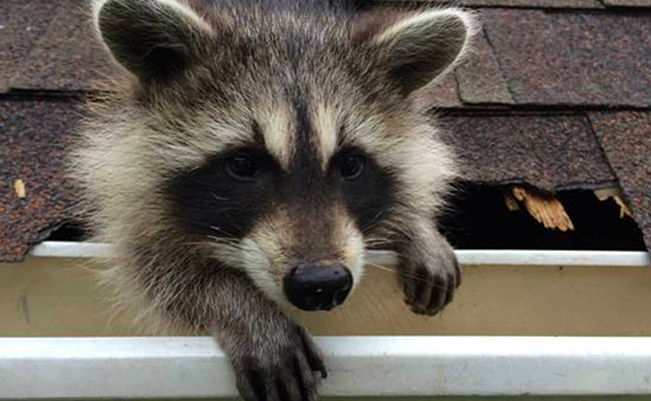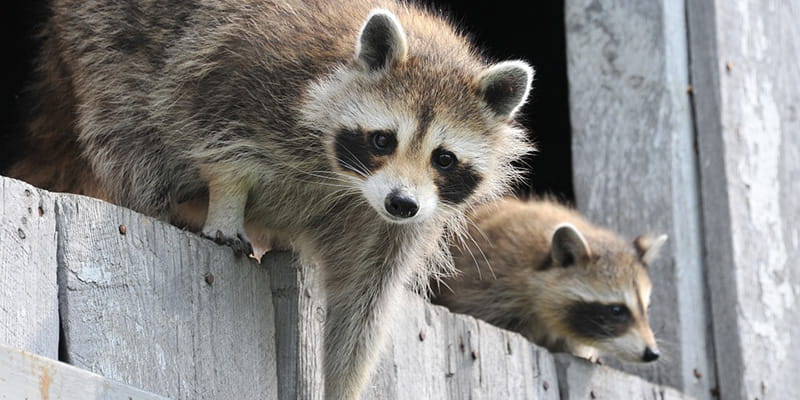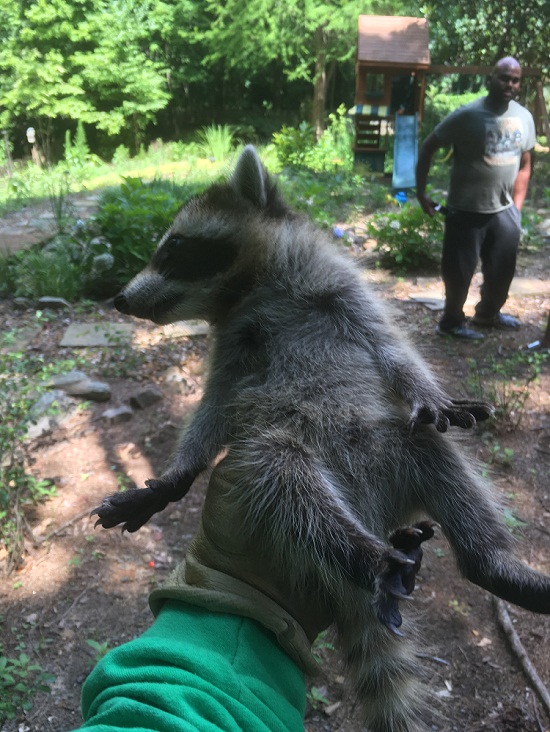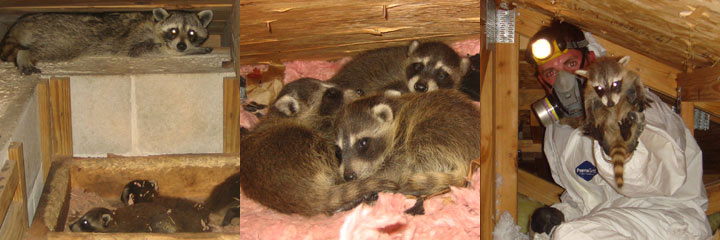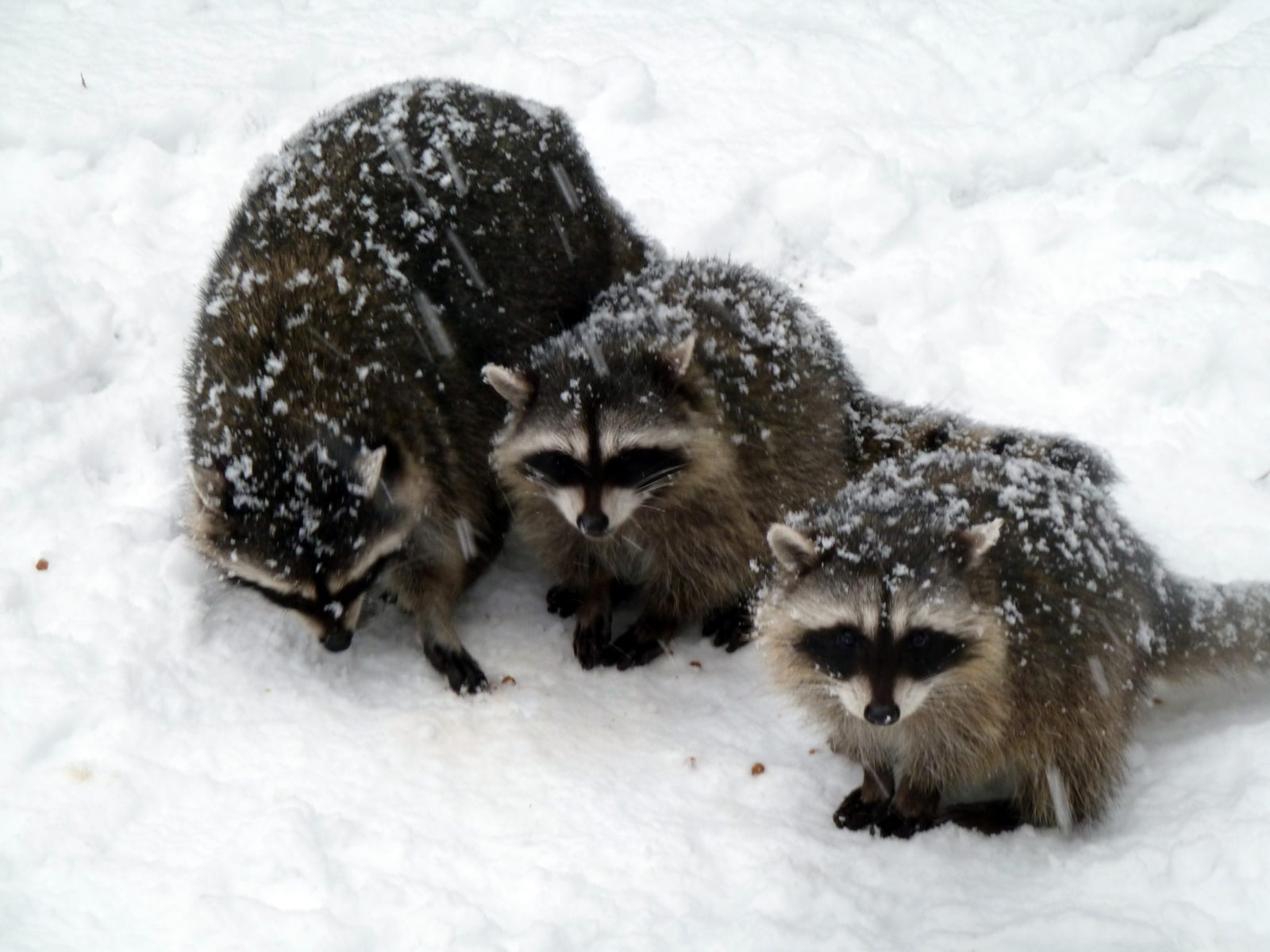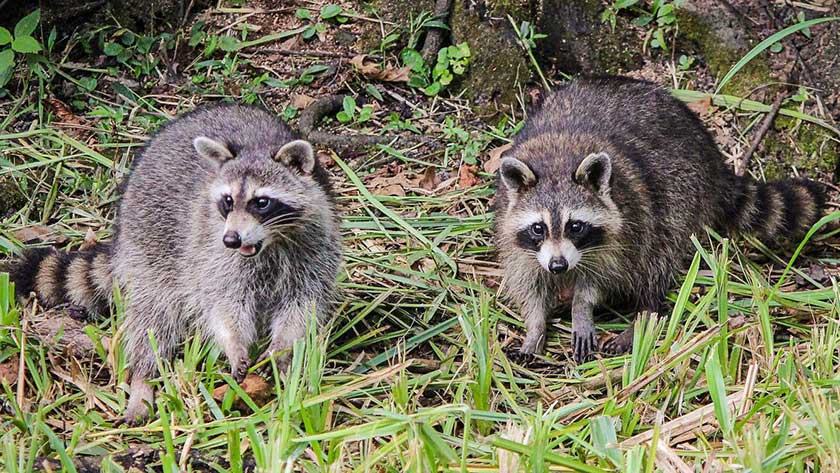With uninhabited land growing sparser and man encroaching upon the living quarters of wild animals raccoons have adapted to living in more populated areas.
Do raccoons live in hot attics.
Raccoons easily access roofs and find their way into the attic from there.
With temperatures like this most every attic that we are familiar with is sweltering.
A mama raccoon is very vocal during and after her gestation period and her babies make noise too.
Raccoons aren t as likely to invade your home when they re not busy making a family.
Their ability to find food and shelter in an ever expanding urban landscape has made them one of the most successful urban wildlife.
Attics are also often close to food sources such as trash cans and pet food.
Yesterday s high was 90 degrees.
Raccoons are incredibly adaptable and intelligent creatures capable of thriving in nearly any environment.
Raccoons especially mothers choose to live in attics because they are warm and dry and offer protection from predators and the weather.
Raccoons typically live in attic dens for short periods.
Today it made it up 88.
Your first option is to do nothing at all.
Why do raccoons live in attics.
The mother raccoon usually gives birth shortly after moving into the attic within 1 2 weeks and then spends about 10 weeks nursing the baby raccoons.
Please see my raccoon attic damage page for more photos of raccoon damage.
It s also raccoon mating season.
What to do if you find a family of raccoons in your attic barn or other buildings raccoons used to live primarily in the woods away from civilization.
What to do if a raccoon is living in the attic be patient with a mother raccoon in the attic.
The most common reason for a raccoon to enter an attic and choose to live there is the case of a female who needs a safe place to give birth and raise its babies.
Raccoons can cause quite a bit of damage when they live in an attic.
Now imagine sleeping in an attic through the heat of the day.
This hesitation to accept a raccoon in the attic job is based on our experiences of raccoons in attics during periods of hot weather.
Females seek out enclosed areas to raise their babies.
Raccoon babies are independent by the end of summer when they leave the den and disperse from their family groups.
Once raccoons get into an attic they choose areas for eating giving birth.

